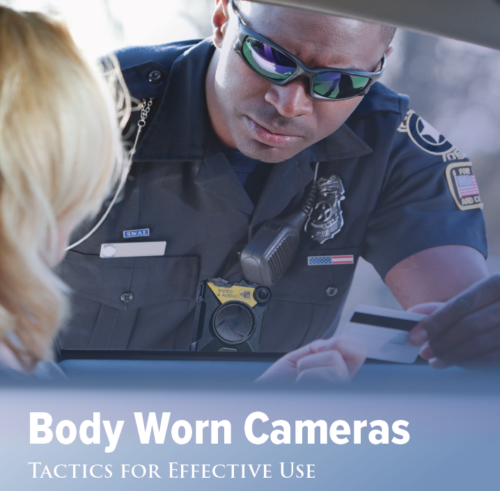Was $849 now only $695 Per Person
Dates and Times
- March 2-6, 2026 : Plainsboro Fire Department, 405 Plainsboro Road, Plainsboro, NJ, 08536 (Host: Plainsboro PD)
Course Description:
- This 40-hour course is specifically designed to prepare members of the Crisis Negotiation Teams, law enforcement officers, mental health professionals, school officials and others to respond to and successfully resolve incidents involving barricaded individuals (e.g. hostage situations, people in crisis, etc.). The course was developed through utilization of long-standing negotiations doctrines professional experience, and the expertise of instructors. Attendees will engage in interactive lectures, engaging discussions, practice labs, role play scenarios and more to understand the realistic aspects of becoming an effective negotiator, as well as performing in other critical roles as part of a negotiations team.
- This course has been APPROVED by the New Jersey Attorney General's Office for the use of Grant Funds
- Sworn Law Enforcement Officers (All Ranks; Municipal, County, State, Federal)
- Corrections Personnel
- Mental Health Professionals (MHP)
- School Officials
- Civilian Members of Crisis Negotiations Teams
- Persons Anticipating Assignment to a Hostage/Crisis Negotiation Team
- All Related Roles (Sworn & Civilian)
- At the conclusion of this block of instruction, attendees will be able to:
- Utilizing the foundations of modern crisis negotiation, including the legal, ethical, and operational framework that guides responses to barricaded and hostage situations. Attendees will be able to clearly explain the roles and responsibilities of negotiation teams and articulate how they integrate with tactical units, mental health professionals, command personnel, school officials, and civilian partners.
- Demonstrate proficiency in active listening and tactical communication techniques, using empathy-driven strategies to build rapport, reduce emotional intensity, and overcome barriers such as mental illness, substance impairment, language gaps, or cognitive disabilities.
- Assess and manage evolving crisis situations through structured incident evaluations that include:
-
- Recognizing behavioral cues, threat indicators, and psychological profiles.
- Identifying the potential for suicide, violence, or escalation.
- Formulating mission-oriented operational objectives and tailored negotiation strategies that reflect the realities of the environment and the subject’s mental and emotional state.
- Engage effectively with individuals in crisis, including persons experiencing acute mental health episodes, suicidal ideation, or trauma-related responses, by incorporating de-escalation methods and mental health-informed communication practices.
- Apply crisis negotiation strategies in high-fidelity, scenario-based simulations, demonstrating effective team coordination, adherence to protocol, adaptive strategy development, and real-time decision-making. Attendees will evaluate their own performance and that of their team to promote continuous improvement.
- Promote Negotiation Team wellness and resilience, by recognizing the psychological impact of prolonged crisis incidents, identifying key stressors and burnout risks, and implementing proactive strategies for stress management, peer support, and post-incident recovery.




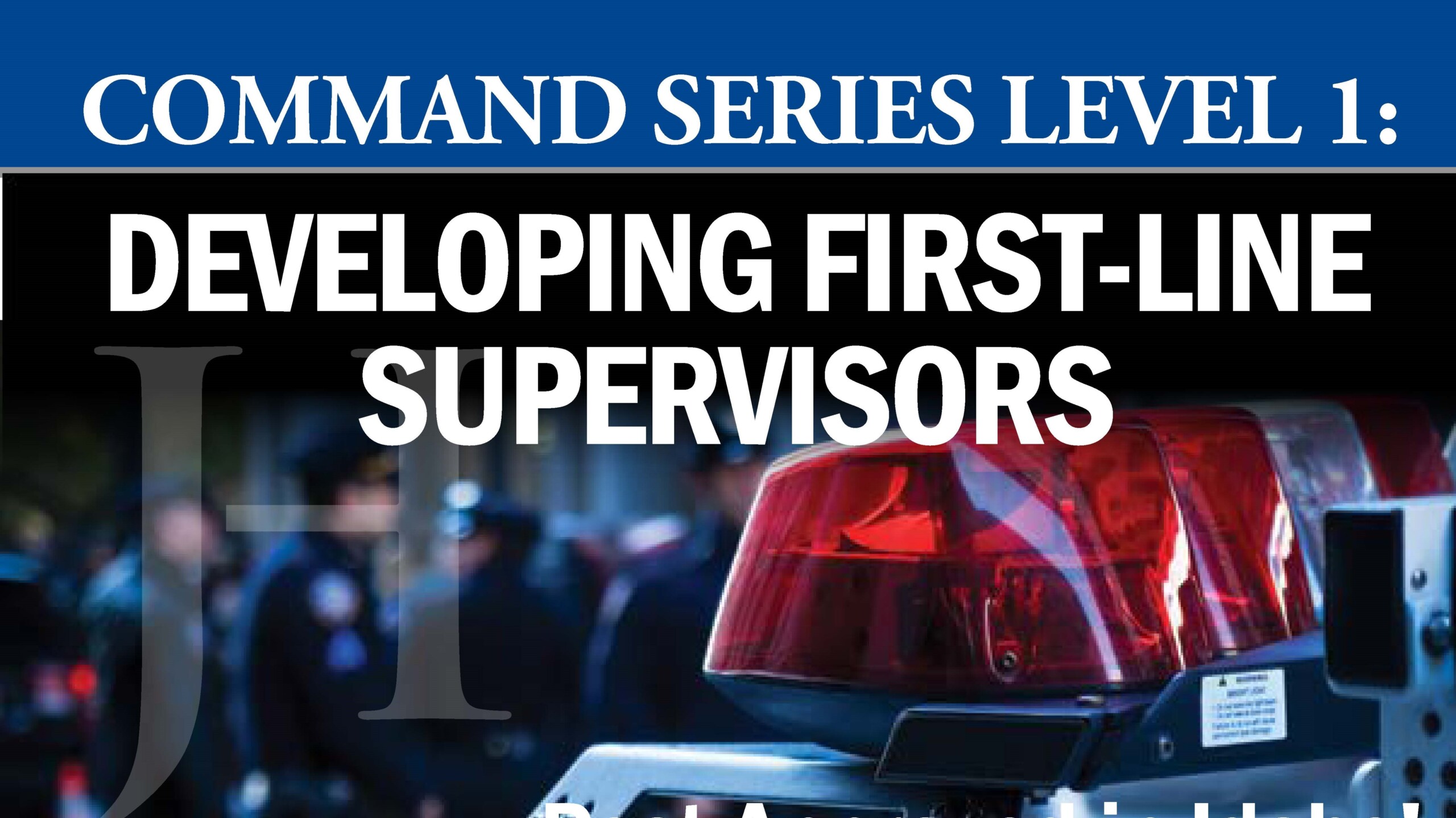
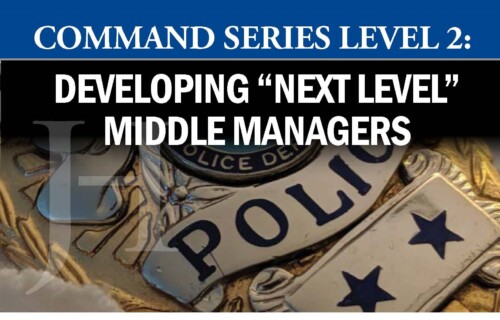
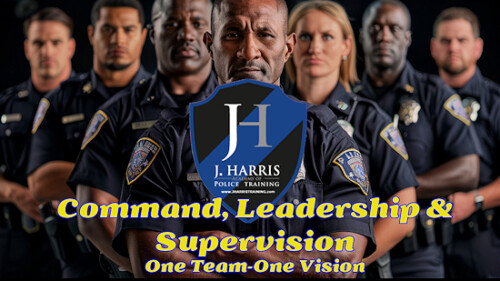

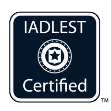 Effective public safety organizations rely on the application of proper field supervision. Our first-line supervisors and their oversight of our personnel ensure effective service to our communities, protect our organizations from litigation, and shield our officers from internal/external concerns. Most organizations send their supervisors to a one week class and never retrain them in up-to-date supervisory practices. We know organizations will not send them to another one week class for a similar topic. That is where this course comes into play.
This full, one-day “tune-up” discusses the importance of this supervisory role as it relates to key areas of first-line supervision. This is an essential training program for Corporals and Sergeants of all experience levels. The goal of this program is to refocus those who have been serving in the rank for some time and may have become a slave to the administrative tasks and complacent to the monitoring and proactive supervision of our people.
Topics Discussed:
Effective public safety organizations rely on the application of proper field supervision. Our first-line supervisors and their oversight of our personnel ensure effective service to our communities, protect our organizations from litigation, and shield our officers from internal/external concerns. Most organizations send their supervisors to a one week class and never retrain them in up-to-date supervisory practices. We know organizations will not send them to another one week class for a similar topic. That is where this course comes into play.
This full, one-day “tune-up” discusses the importance of this supervisory role as it relates to key areas of first-line supervision. This is an essential training program for Corporals and Sergeants of all experience levels. The goal of this program is to refocus those who have been serving in the rank for some time and may have become a slave to the administrative tasks and complacent to the monitoring and proactive supervision of our people.
Topics Discussed:
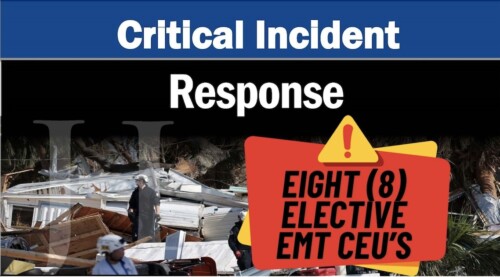
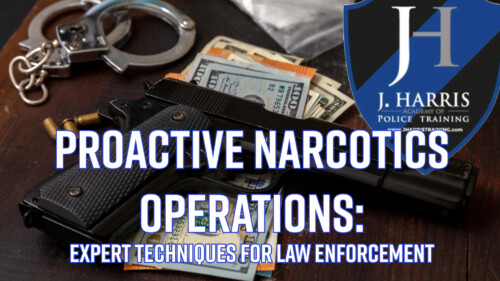
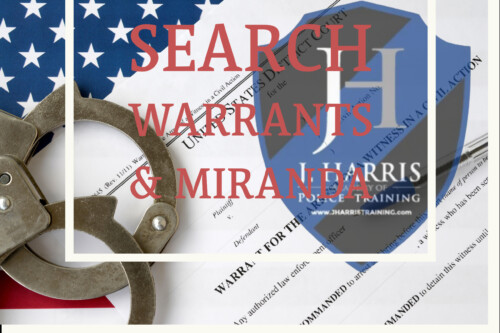



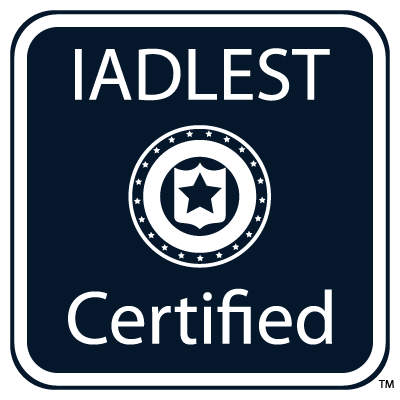 This is NOT a PIO Course! This is a must for ALL Public Employees!
This is NOT a PIO Course! This is a must for ALL Public Employees!

